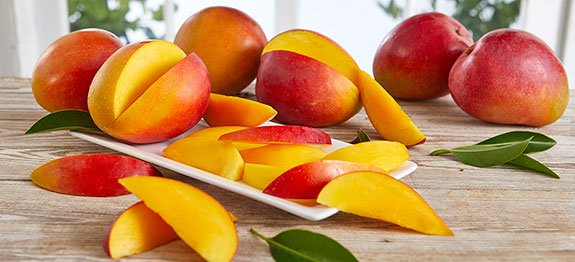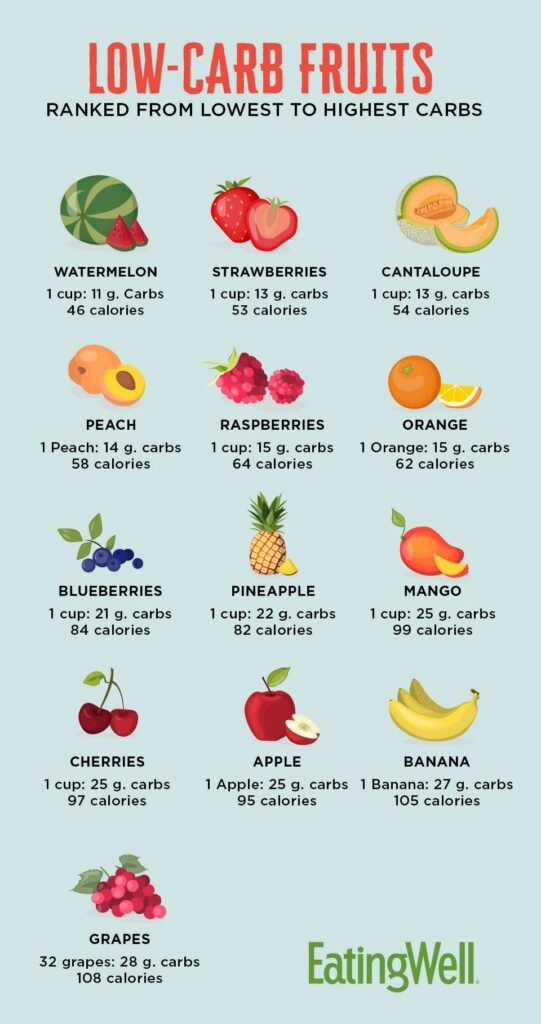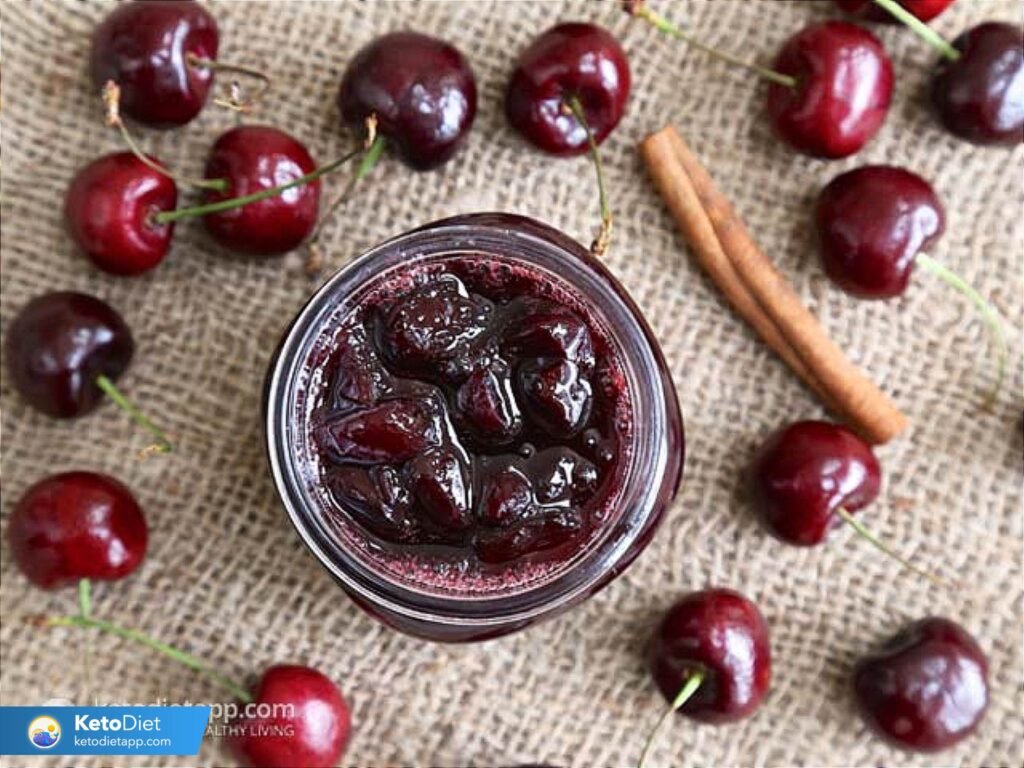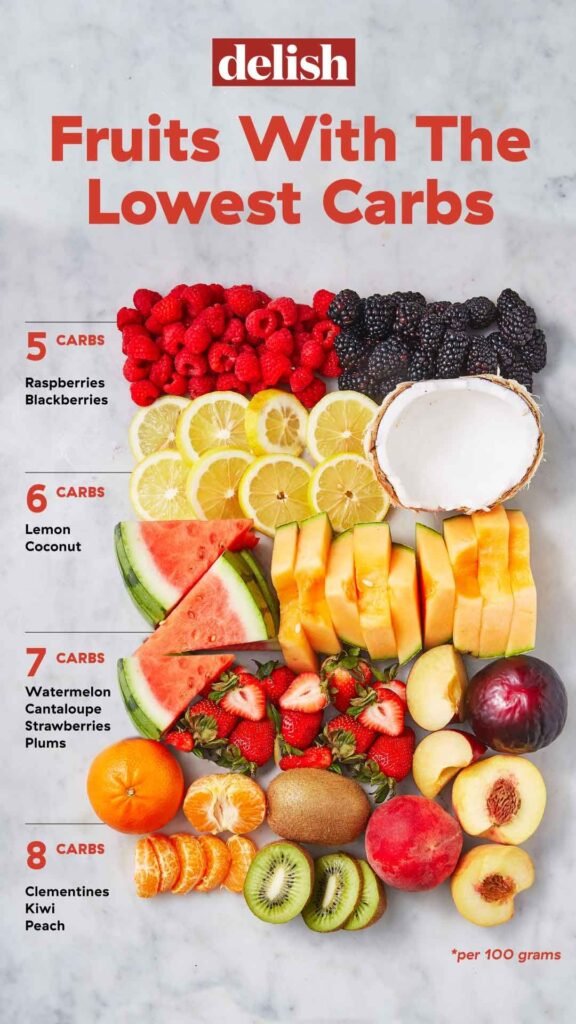Are you a fan of tropical fruits and their delightful sweetness? Then get ready to indulge in the juicy goodness of pineapple! Bursting with natural sugars, this tropical fruit is not only a delicious treat but also a great source of energy. Whether you enjoy it as a refreshing snack, use it to enhance your favorite recipes, or savor it in a tropical cocktail, pineapple is sure to satisfy your cravings. So grab a slice and let your taste buds embark on a flavorful adventure with the tantalizing sweetness of pineapple.
Overview of Pineapple
Pineapple is a tropical fruit that is loved by many for its sweet and tangy flavor. This tropical fruit is not only delicious but also packed with numerous health benefits. From its nutritional profile to potential drawbacks, let’s dive into the world of pineapple and explore all it has to offer.
Nutritional Profile
Pineapple is a nutrient-rich fruit that contains a variety of essential vitamins and minerals. It is a great source of vitamin C, manganese, and vitamin B6. Additionally, pineapple is low in calories and fat, making it a guilt-free treat. The fruit also contains small amounts of calcium, iron, potassium, and magnesium.
Health Benefits
Pineapple boasts several health benefits that make it a valuable addition to any diet. Its high vitamin C content boosts the immune system and promotes overall health. The fruit’s bromelain enzyme aids in digestion and can help alleviate digestive disorders. Pineapple also contains antioxidants, which protect against free radicals and reduce the risk of chronic diseases.
Potential Drawbacks
While pineapple is generally considered a healthy fruit, it is important to note its high natural sugar content. This can be a concern for individuals with medical conditions like diabetes or those trying to manage their sugar intake. It is always wise to consume pineapple in moderation and consult with a healthcare professional if necessary.
Pineapple and Natural Sugars
Understanding Natural Sugars
Natural sugars are found in various fruits and vegetables, including pineapple. Unlike added sugars, which are artificially added to food products, natural sugars are present in their unprocessed form. These sugars are accompanied by fiber, water, and essential nutrients, making them a healthier option.
Amount of Sugar in Pineapple
Pineapple is known for its sweetness, thanks to its natural sugar content. On average, a cup of pineapple chunks contains around 16 grams of sugar. However, it is important to remember that this sugar is naturally occurring and comes along with beneficial nutrients, unlike refined sugars found in many processed foods.
Effect on Blood Sugar Levels
Although pineapple contains natural sugars, it is considered safe for individuals with diabetes when consumed in moderation. The fiber content in pineapple helps slow down the digestion process, preventing a rapid spike in blood sugar levels. However, those with diabetes should still monitor their portion sizes and consult with their healthcare provider.
Pineapple as a Source of Energy
Fructose as a Fuel for the Body
Fructose, the natural sugar found in pineapple, is a simple carbohydrate that can be broken down and used as fuel for the body. While excessive fructose consumption can have negative health effects, including weight gain, when consumed as part of a balanced diet, it can provide a quick and sustainable energy boost.
Enhanced Workout Performance
For individuals looking to optimize their workout performance, pineapple can be a great pre-workout snack. The natural sugars in pineapple provide an immediate source of energy, while the fruit’s high water content helps keep you hydrated during exercise. Additionally, the bromelain enzyme present in pineapple can reduce post-workout inflammation and promote faster recovery.
Digestive Benefits for Energy Production
Good digestion is essential for energy production in the body. Pineapple contains bromelain, which aids in breaking down proteins and supports healthy digestion. When your digestive system is functioning optimally, it can efficiently absorb nutrients and convert them into energy, helping you feel more energized throughout the day.
Pineapple and Weight Management
Balancing Sugar Intake
While pineapple does have a higher natural sugar content, it can still be enjoyed as part of a balanced diet. Moderation is key when it comes to managing weight and sugar intake. By incorporating pineapple into a diet filled with other nutrient-rich foods and maintaining a calorie-controlled approach, it is possible to enjoy the benefits of pineapple without compromising weight management goals.
Fiber Content and Satiation
Pineapple is also a good source of dietary fiber, which plays a crucial role in weight management. Fiber promotes feelings of fullness and reduces hunger, helping to control calorie intake. Including pineapple in a meal or snack can help keep you satisfied and less likely to reach for unhealthy, calorie-dense options.
Incorporating Pineapple into a Balanced Diet
To maintain a balanced diet, it is important to incorporate a variety of fruits and vegetables, including pineapple. Enjoying pineapple as part of a colorful and diverse meal plan ensures you are getting a wide range of essential nutrients. It can be enjoyed on its own as a refreshing snack, added to smoothies, or incorporated into both savory and sweet dishes to add a tropical twist.
Pineapple for Immune Support
Vitamin C Content
One of the standout features of pineapple is its high vitamin C content. Vitamin C is known for its immune-boosting properties and plays a vital role in supporting overall health. Consuming an adequate amount of vitamin C can help reduce the duration and severity of common illnesses, such as the common cold.
Antioxidant Properties
In addition to vitamin C, pineapple contains other antioxidants that help protect the body from damage caused by harmful free radicals. Antioxidants neutralize free radicals, reducing oxidative stress and inflammation. This can enhance immune function and lower the risk of chronic diseases.
Boosting Immune Function
By incorporating pineapple into your diet, you can provide your immune system with the support it needs to function optimally. The combination of vitamin C and antioxidants in pineapple helps strengthen the immune system and protect against various pathogens, contributing to overall well-being.
Pineapple and Digestive Health
Bromelain Enzyme
Pineapple contains bromelain, a proteolytic enzyme that aids in the digestion of proteins. This enzyme helps break down large protein molecules, facilitating better absorption of essential nutrients. Bromelain also has anti-inflammatory properties, benefiting the digestive system by reducing inflammation and aiding in the healing of digestive disorders.
Enhancing Digestion
The bromelain enzyme found in pineapple not only promotes better digestion but also helps prevent symptoms like bloating, gas, and indigestion. It works by breaking down proteins, making it easier for the body to digest and absorb nutrients. Including pineapple in your diet can contribute to a healthier digestive system and improved overall digestion.
Relief from Digestive Disorders
For individuals suffering from digestive disorders such as inflammatory bowel disease (IBD) or acid reflux, pineapple may offer some relief. The bromelain enzyme in pineapple has anti-inflammatory properties that can help reduce inflammation in the gut and alleviate symptoms of digestive disorders. However, it is important to consult with a healthcare professional before making any dietary changes for digestive health.
Pineapple and Eye Health
Beta-carotene Content
Pineapple is rich in beta-carotene, a plant pigment known as a provitamin A carotenoid. Beta-carotene is converted into vitamin A in the body, which is essential for maintaining healthy vision. Consuming pineapple can contribute to your overall vitamin A intake, supporting optimal eye health.
Protection against Age-Related Macular Degeneration
Age-related macular degeneration (AMD) is a common eye condition that affects the macula, the central part of the retina. The antioxidants present in pineapple, including beta-carotene, help protect against the development and progression of AMD. Regular consumption of pineapple, along with a balanced diet, can help safeguard your eye health as you age.
Maintaining Healthy Vision
Incorporating pineapple into your diet is a simple and delicious way to support healthy vision. The combination of beta-carotene, vitamin C, and other antioxidants in pineapple helps protect the eyes from oxidative stress and damage caused by harmful free radicals. Regular consumption of pineapple can contribute to maintaining clear vision and overall eye health.
Pineapple and Skin Health
Vitamin C and Collagen Production
Collagen is a protein that plays a crucial role in maintaining the health and elasticity of the skin. Pineapple’s high vitamin C content is essential for collagen synthesis, promoting healthy skin and minimizing the appearance of wrinkles and fine lines. Including pineapple in your diet can provide the necessary nutrients for optimal collagen production.
Antioxidants for Anti-Aging Benefits
The antioxidants found in pineapple, including vitamin C and other compounds, help protect the skin from damage caused by environmental factors and free radicals. These antioxidants can slow down the signs of aging, such as wrinkles, age spots, and dullness, resulting in a more youthful and radiant complexion.
Promoting Healthy Skin
Consuming pineapple as part of a balanced diet can contribute to overall skin health. Its combination of vitamins, minerals, and antioxidants helps nourish and protect the skin from within. Incorporate pineapple into your diet alongside other skin-friendly foods to promote a healthy and vibrant complexion.
Pineapple Recipes and Tips
Fresh Pineapple Salsa Recipe
One delicious way to enjoy pineapple is by making a fresh pineapple salsa. Dice fresh pineapple into small pieces and combine with diced tomatoes, red onion, jalapeno, cilantro, lime juice, and a pinch of salt. Mix well and let the flavors meld together for a while. This vibrant and tangy salsa can be enjoyed as a dip with tortilla chips or as a topping for grilled meats and fish.
Grilled Pineapple Dessert Ideas
Grilled pineapple makes for a delightful and healthy dessert option. Slice fresh pineapple into rings, brush with a touch of olive oil, and grill until caramelized. Serve the grilled pineapple rings with a sprinkle of cinnamon and a dollop of Greek yogurt. This simple yet satisfying treat is a great way to enjoy the natural sweetness of pineapple without any added sugar.
Selecting and Storing Pineapple
When selecting a pineapple, look for one that is firm and heavy for its size. The skin should be golden-yellow and free from bruises or soft spots. To check for ripeness, give the fruit a gentle sniff – a sweet aroma is a good sign. Once purchased, store the pineapple at room temperature for 1-2 days or in the refrigerator for up to 4-5 days.
Conclusion
In conclusion, pineapple is not only a delicious tropical fruit but also a nutritional powerhouse. Its high vitamin C content, antioxidants, and beneficial enzymes make it an excellent addition to a healthy and balanced diet. While enjoying pineapple’s natural sugars, it is important to consume it in moderation and consider individual dietary needs. By incorporating pineapple into your diet, you can reap the many health benefits this tropical fruit has to offer. So go ahead, indulge in a juicy slice of pineapple and savor both its taste and nutritional advantages.




